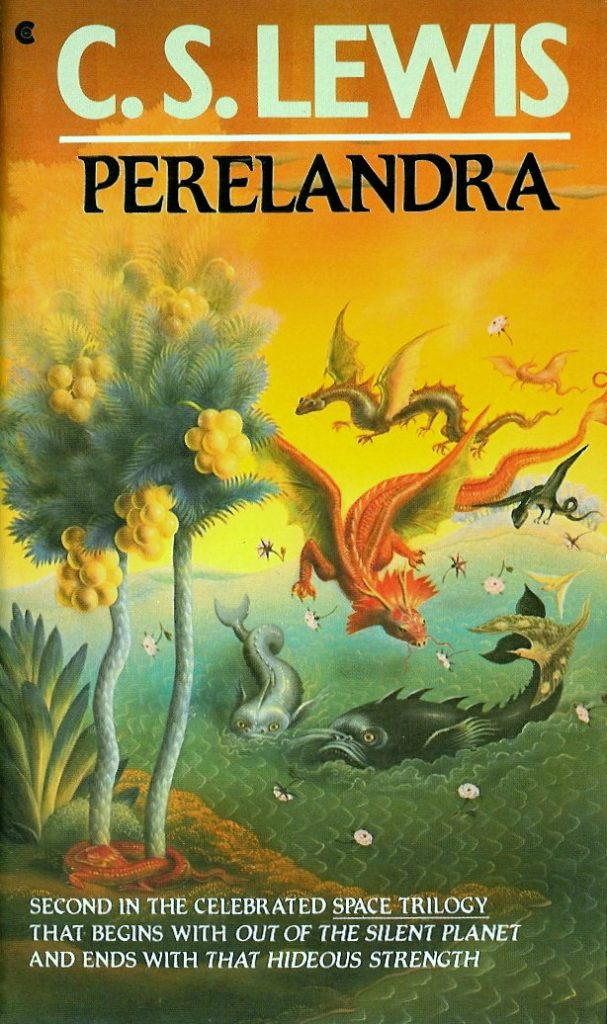Speculative Worlds And Christian Tenets
 Last week Fantasy Faction published an article entitled “Slavery in Fantasy.” As the title indicates, the article looks at the issue of the existence of slavery in fantasy worlds—as opposed to ignoring it or treating it with modern day attitudes.
Last week Fantasy Faction published an article entitled “Slavery in Fantasy.” As the title indicates, the article looks at the issue of the existence of slavery in fantasy worlds—as opposed to ignoring it or treating it with modern day attitudes.
On one hand, the author wishes to be true to his story’s fantasy world, often modeled after periods of history in which the practice of slavery was common. On the other, he wishes to be true to what he believes—that slavery is a heinous practice to be exposed and opposed. But would people in his world hold those same sentiments?
I think this conundrum is one Christian authors should wrestle with regarding the tenets of our faith. For instance, how likely would a character in a novel set in a world in which relativism rules, be to hold to the authority of a supreme God or His representative or His written word?
Of course, the question assumes that someone is creating a world in which the prevailing worldview is relativism. This point, I think, may be critical for the Christian writer. Are we creating worlds that hold beliefs contradictory to Christianity?
 One way to present a fantasy or science fiction world is as one originally good but spoiled. Narnia takes this approach as does Lewis’s space trilogy. Tolkien’s world is not as clearly good, but definitely the great need is to defeat the spoilers.
One way to present a fantasy or science fiction world is as one originally good but spoiled. Narnia takes this approach as does Lewis’s space trilogy. Tolkien’s world is not as clearly good, but definitely the great need is to defeat the spoilers.
But think about the world in which Christianity developed. There was no good that had been spoiled. Rather, there were processes and systems and beliefs in place to which Christianity acted as a revolutionary contradiction. Further, it did not seek to overthrow the societies in which it sprang into being, but it did, in fact, subvert them.
What are some of those Christian beliefs that would subvert our culture today? In the discussion regarding “Culture Shifts And The Christian Writer,” WriterOfMinds suggested three assumptions our culture holds that could be confronted in stories:
*It’s okay to do whatever you want if your actions don’t have an obvious victim.
*Love for another person justifies anything.
*Love for someone can only be fully culminated in a romantic and/or sexual relationship.
I think those are particularly prevalent as foundations upon which same-sex marriage has been built. The idea is, instead of addressing the definition of marriage in a story, a writer can instead challenge the beliefs upon which the change in definition is built.
When applied to slavery, the idea would be to write a story confronting the idea that people are to be used . . . ever, in any capacity. Or that one person is more important than another. Or that people are fundamentally different from animals.
I’d suggest this approach also works in regard to other tenets of Christianity. Some of those include God creating the world, humankind’s sin and need of a savior, Jesus Christ coming as that Savior, God revealing His plan through His authoritative word. But it also includes things like the value of life, following Christ’s example of humility, loving our neighbors and our enemies, believing that God can do the impossible, and that truth is absolute.
Many of these ideas are countercultural. They are revolutionary, but it seems to me, many of our stories show a world in which people need to be restored to believing these truths as opposed to discovering them for the first time.
What would a story look like if it were set in a world in which the culture believes a betrayer is a hero? That the highest good is to double-cross someone who trusts you? How would Christianity or the principles of Christianity penetrate such a worldview? How would the contradictory ideas be introduced into such a culture?
If fiction, and specifically speculative fiction, is to speak meaningfully to our culture, I believe we writers need to think beyond the obvious, beyond the sentiments of our culture, and examine what beliefs our society holds that bring about ways of living that are contradictory to Christianity. And the fundamentals behind Christianity that contradict the culture—discipline is loving, self-discipline can have greater positives than physical exercise—things we don’t often address but which can make a difference in the way people who aren’t Christians perceive life.











































Speaking of slavery and “love justifies anything,” everybody go read the magical realist “Beloved” by Toni Morrison. Doooo eeeeet.
Notleia, what makes you so excited about “Beloved”? And how does it tie in with slavery and “love justifies anything”? You have me curious.
Becky
*Spoilers*
It is and isn’t a ghost story all at the same time, stemming from the main character, an escaped slave, killing her baby when her master finds her so that the baby doesn’t have to grow up in slavery. Despite whether or not you can sympathize with the main character, it’s hinted that the baby’s angry ghost haunts Main Character’s house for twenty-ish years, until something prompts the ghost to appear to Main Character as a twenty-ish-year-old girl (OR IS SHE?), and they get all obsessed with each other and it’s gothic and weird until more shizz hits the fan.
Becky, you are definitely bending my mind with this post! I’ll have to chew on it for a while.